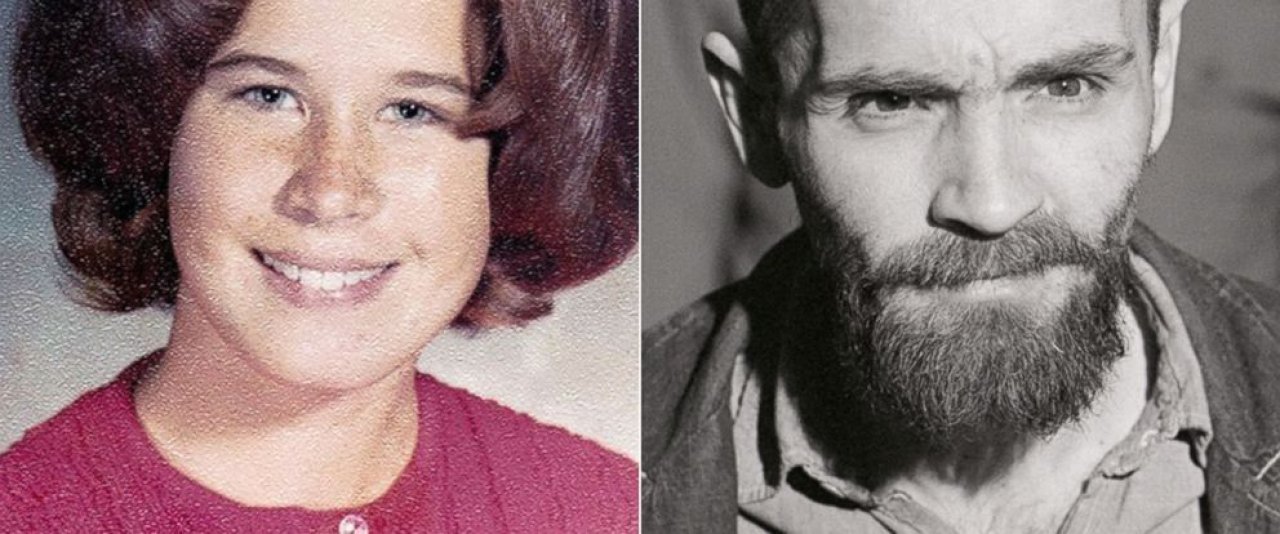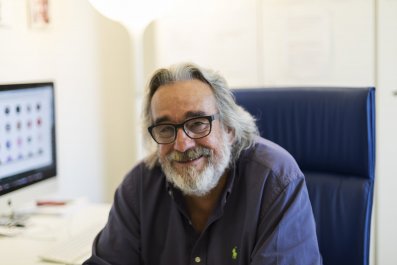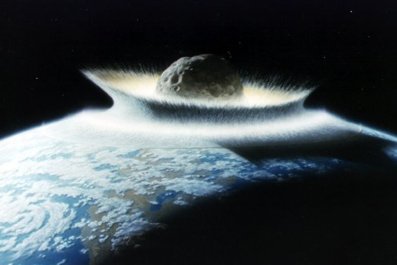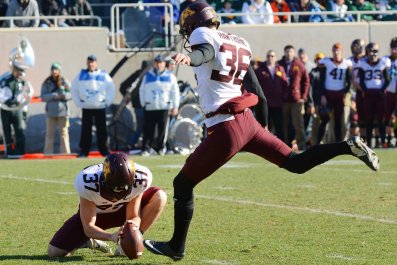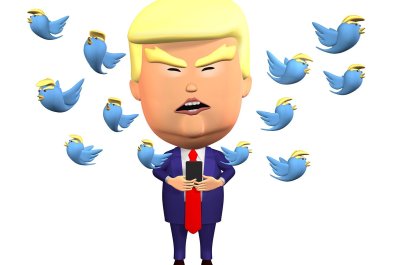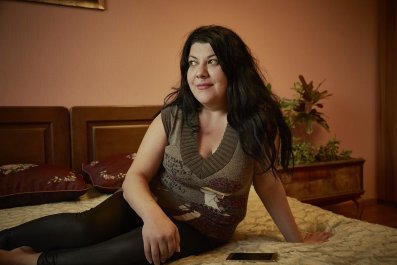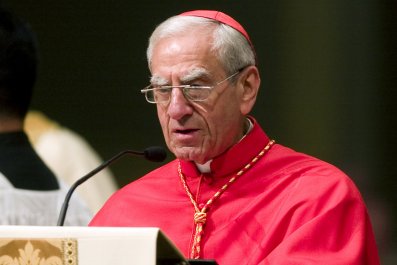Dianne Lake met Charles Manson in 1967, when she was just 14. She didn't participate in the horrific murders carried out by Manson and his followers in August 1969, but she was the youngest member of the Manson Family. And at 17, she was a key witness at the trial that resulted in his conviction, a death sentence that was commuted to life in prison, where he remains.
Member of the Family is Lake's new memoir about that time. In a phone conversation with Newsweek, she explained Manson's appeal. "Charlie had this ability to make sense out of nonsense," she said. "I have this memory of being on acid and standing in front of a mirror with him. He was showing me how many different people he could become, just by moving his facial muscles and smiling a certain way, shifting his hair or wearing a different hat. He was a chameleon, and he could find people's weaknesses that way. He preyed on them, and he wanted to teach us how to do it too."
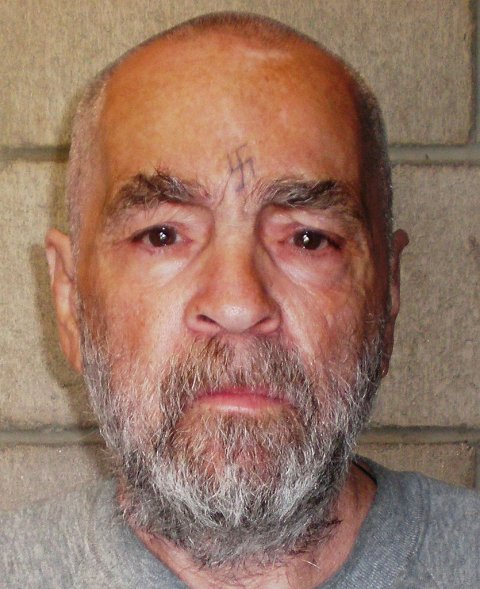
As Lake explains in her book, she was taken in, as a foster child, by Detective Jack Gardiner and his wife, Carol, after Manson was arrested. Later, she went back to school, met her husband and eventually became a mother. For decades, she worked to distance herself from the infamous Family, but an investigation into Manson's victims in 2008 threatened to out her.
"It all came back because of a police officer and his cadaver dog," Lake said. "I got a call saying the police had permission to dig for human remains, and if they found additional bodies, I'd be the go-to witness in an investigation."
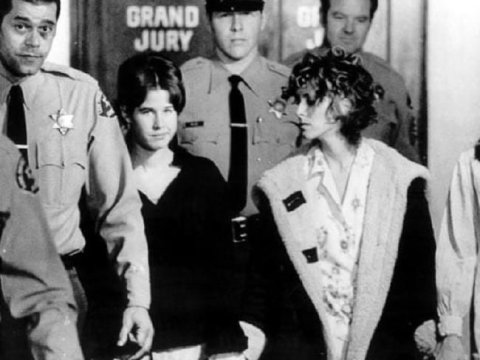
Lake was deeply conflicted about going public. "The front was going to collapse under the weight of my former life and the shame I'd concealed for years," she writes in her book. "Now I would have to tell my children what really happened during those two treacherous years in California."
In her memoir, she explores what she calls a "perfect storm" of influences, including her parents "dropping out" of society to join the '60s counterculture (which provided opportunity for Manson) and the drugs she and her siblings were encouraged to take (including marijuana and LSD) from an early age. It's no wonder that she felt emotionally vulnerable as a teenager, and that made her perfect prey for Manson.
In hindsight, she realizes the warning signs were glaring. "If someone is gushing too intensely over you when they meet you," Lake said, "something's wrong. Charlie made me feel very special, and meeting him and his girls was like magic. This is how people are drawn into communities like the Family."
Lake sees her book as a cautionary tale, likening her experience in the Family cult to contemporary gangs and militant groups that target lonely young people today. "These people you see doing horrendous things on the news...at some point, they were lonely, they wanted to belong to something and make a big splash, and they don't feel comfortable talking with other people about how they're feeling. If they're introduced to a delusion, it just builds and builds."
Manson wasn't yet calling himself Jesus Christ when Lake joined the Family. He wasn't talking about starting a race war. He was a musician living among hippies who had "dropped out" of society, like Lake's family, and a master manipulator developing his philosophy, one that didn't seem all that crazy in 1969. "He was institutionalized and had a terrible upbringing, and I think exposure to religion," she said. Lake now knows he was, in fact, insane. "You can't get a straight answer out of him. I've seen enough interviews to know that he's still trying to play with people's minds."
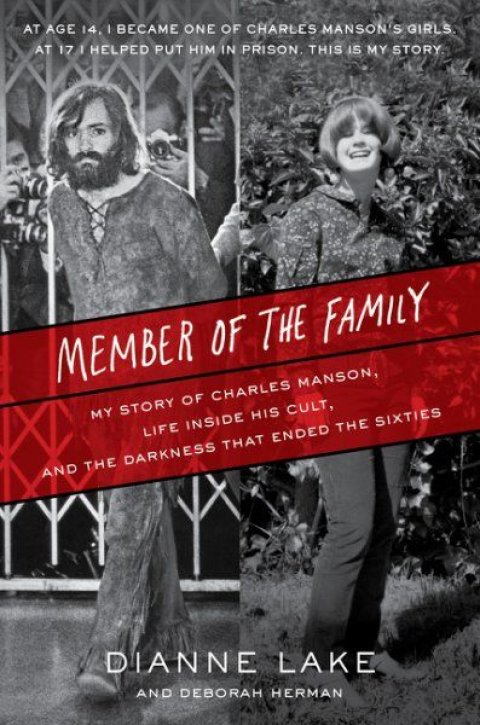
Lake is a rarity— someone who escaped and survived a cult. She credits her pastor, her late husband, the nurses at the hospital where she stayed after being removed from the Family, and her foster parents for helping her through the long healing process that followed Manson's trial. Lake still refers to him as "Charlie," and when her daughter wanted to use that name for the family kitten, she protested as much as she could without provoking suspicion. "I said, Honey, why not Chocolate or Vanilla? Anything but Charlie. But she insisted. I guess that was part of my therapy too. I learned to associate that name with a little kitten."
The reality is that Charles Manson has become a cultural totem; his name is hard to avoid, even in casual conversation, making it nearly impossible to escape the past. After her husband died in 2013 from Merkel cell carcinoma, Lake went on Match.com. During a coffee date, a man described a house he had bought as looking "like Charles Manson had been living there." Lake laughed when she relayed this. "I guess you just learn to grin and bear it. You say, 'Oh, really? Wow, how awful,' and the conversation moves on."
Publishing a memoir has been a part of Lake's healing process, for herself and she hopes others. "People who have been victimized as children can carry that shame around like an awful weight as adults, and they don't have to. I also want my story to help parents with teenagers," she added. "You have to keep lines of communication open no matter what." Her own parents met her pleas for independence by completely letting go of the reins; in hindsight, Lake wishes they had treated her like the child she was.
Since going public, Lake has been contacted by Manson acolytes. "There are so many troubled people, hangers-on who claim to have been a part of the Family, and I have no idea who they are," she said. "And there are other people who are just obsessed with every nuance, and it's those wackadoodles who make me cautious. I've had a few encounters with them online, and one man even showed up and knocked on my door, but that was many years ago. These people are overcome by the story, and it almost strikes me as a perversion. I fear people like that."
America's obsession with true crime strikes Lake as odd. "I don't think the surge in those stories is good," she said. "People's morals are being eroded, and there's video games and films and television programs giving you this imagery…. Something horrible happens in the world now, and you can watch it on television over and over within a few minutes."
Unlike her own parents, Lee did what she could to protect her children from darker themes. "When my kids were growing up, their friends would sleep over at our house, or they'd come over to to play in the pool. I didn't allow them to play shoot-em-up games or anything." Lake laughed. "I'd say, 'Why don't you throw apples and pears around outside? Collect coins or something. Anything else."
Member of the Family: My Story of Charles Manson, Life Inside his Cult, and the Darkness that Ended the Sixties is available now from HarperCollins.



